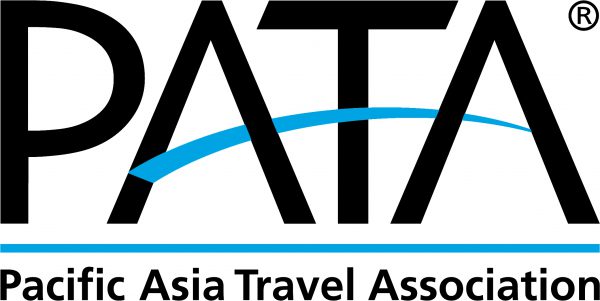BANGKOK, 30 April 2024: The anonymous PATA Whistleblower is back in less than a week with a second email blast exhorting PATA board members to scrutinise chairman Peter Semone’s performance even though the 19 April online executive board election awarded him a second two-year term.
Semone is waiting for the ratification of his appointment for a second term (mid-2024 to mid-2026) at the upcoming online annual general meeting, which will convene later in May.

In the second anonymous email, the scribe defends their decision to remain anonymous, saying, “protected by US law, whistleblowers often choose to remain anonymous to safeguard themselves against potential retaliation, whether from the public or their employees.”
However, at the core of a genuine whistleblower’s intelligence are hard facts presented to a company or association’s guardians of good governance for scrutiny. In this case, both emails are sketchy in backing up grievances with facts. PATA’s whistleblower points a finger at three areas that deserve a response from PATA. Call the allegations the Three Ts.
Terminations: The email complaint points to a decline in membership during Semone’s two-year tenure (2022 to 2024) and the lack of communications surrounding membership terminations. The whistleblower even claims: “My own Asian destination has terminated its membership, and others followed, yet the information has been kept from the board.”
Point taken, but PATA’s declining membership should be a KPI for the PATA’s CEO and sales team rather than the chair. If you search on PATA membership, you will discover very little information on the topic on the official website pata.org. Social media giant LinkedIn has a short breakdown of the membership on its PATA page without identifying the date.
PATA membership (Linkedin)
Government: 95
Airports and airlines: 25
Hospitality: 108
Education: 72
TOTAL: 300
Plus, “hundreds of travel industry companies in the Asia Pacific and beyond.” (undated)
Other estimates regarding PATA’s so-called industry category suggest 500 travel companies were members in 2018 and that in 2019, pre-Covid-19, the overall membership tally was between 800 and 900, covering all categories. The facts show the blame for membership decline cannot be placed at the feet of the current chair.
In its heyday, after moving its headquarters to Bangkok in 1998, the membership stood at a robust 2,029. By 2019, it had slipped to 800, when the tax filing 2019 showed members’ revenue stood at USD1,591,309. Incidentally, that was the last US Tax filing that PATA bothered to post on its website.
PATA is open to criticism for failing to post its US Tax filings on its website as a service to members. However, the lack of transparency goes further when a search shows that its official website fails to break down its current membership. A physical count of the member names listed on pata.org supplies provides an answer.
PATA members (26 April 2024)
Aviation members: 11
Hospitality members: 38
Education members: 63
Government members 71
Industry: 208
Partners 20
Total members 411
So, the score is 411 as of 26 April, and who is really to blame for a decline that has gained momentum since 2005 under various chairpersons and CEOs?
Turnover: The whistleblower calls it “a staggering staff turnover predominantly female. They claim that during the current chair’s tenure from 2022 to 2024, 17 staff left the association, of which 16 were female. In the initial email, the whistleblower claims there are allegations of “misconduct, harassment and bullying. Again, a genuine whistleblower would back up those allegations with evidence to allow the association to investigate.
PATA confirmed in a conversation with TTRW that it employs 27 staff in Bangkok and two in Beijing, China. A reliable source close to PATA noted, “Only three to four male staff are on the payroll anyway, so, of course, most of the staff resigning are female. Hiring and firing involve the CEO, chief of staff, and possibly even executive board members. The accusations of bullying and harassment are false.”
Transparency: Running out of wind, the whistleblower’s parting shot claims there are “questions regarding the awarding of consultancy contracts within PATA that warrant clarification to ensure transparency and ethical conduct in our procurement processes.”
In the past, when PATA was flush with funds generated by 2,000 plus paying members, there were numerous consultancy contracts on the table. Apart from a couple of pre-whistleblower era red flags, PATA played by transparency rule book subject to scrutiny by an hands-on board of directors. Today, in comparison, consultancy contracts are few and far between. PATA’s financial resources are stretched. If there is any substance to the consultancy contract allegations, we should ask: Are executive board members sleeping at their posts because ultimately the executive board is a team and responsibility is with all 12 members not just the chair.
TTRW asked PATA for a response or clarification in a right of reply. It did reply: “No comment.”






